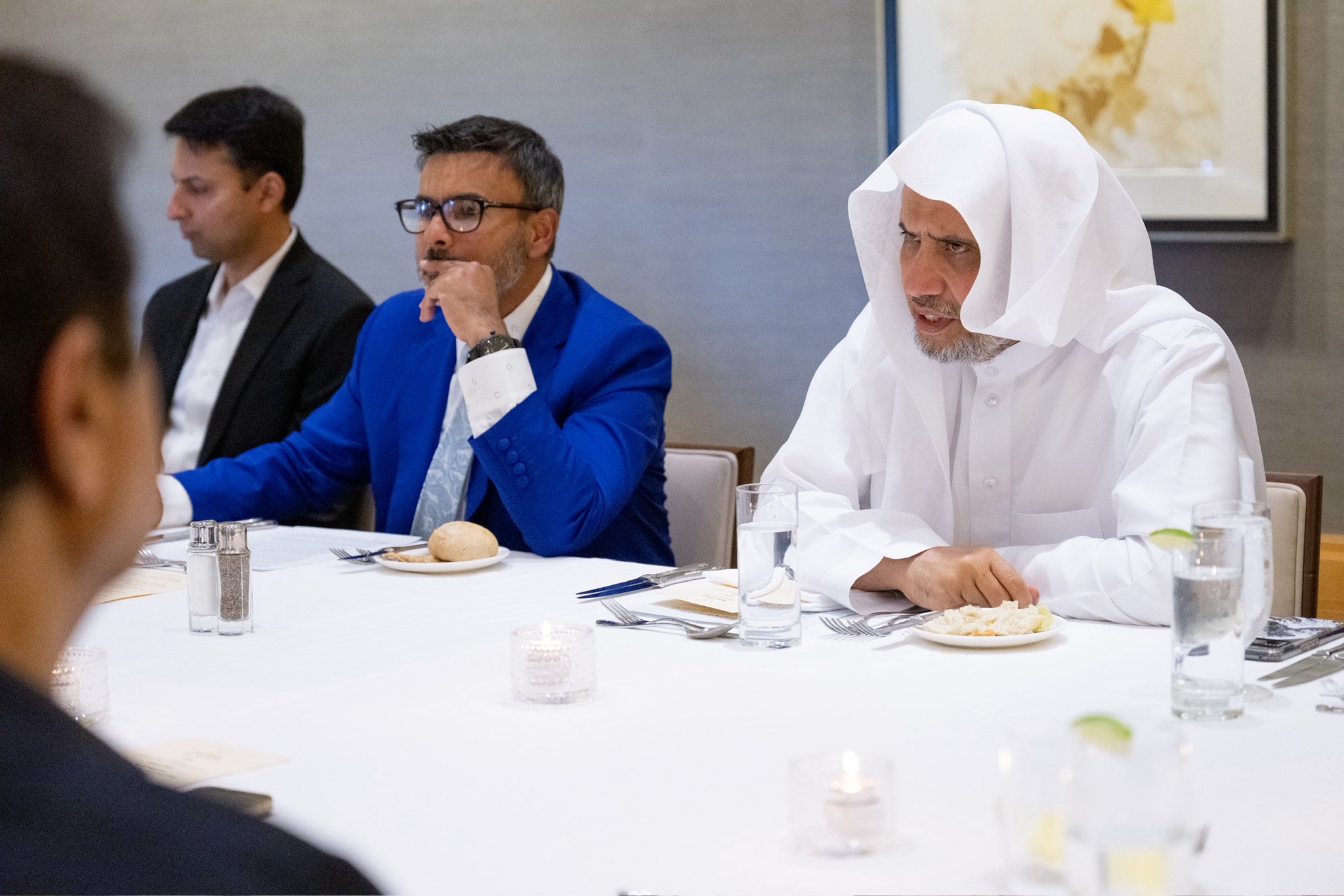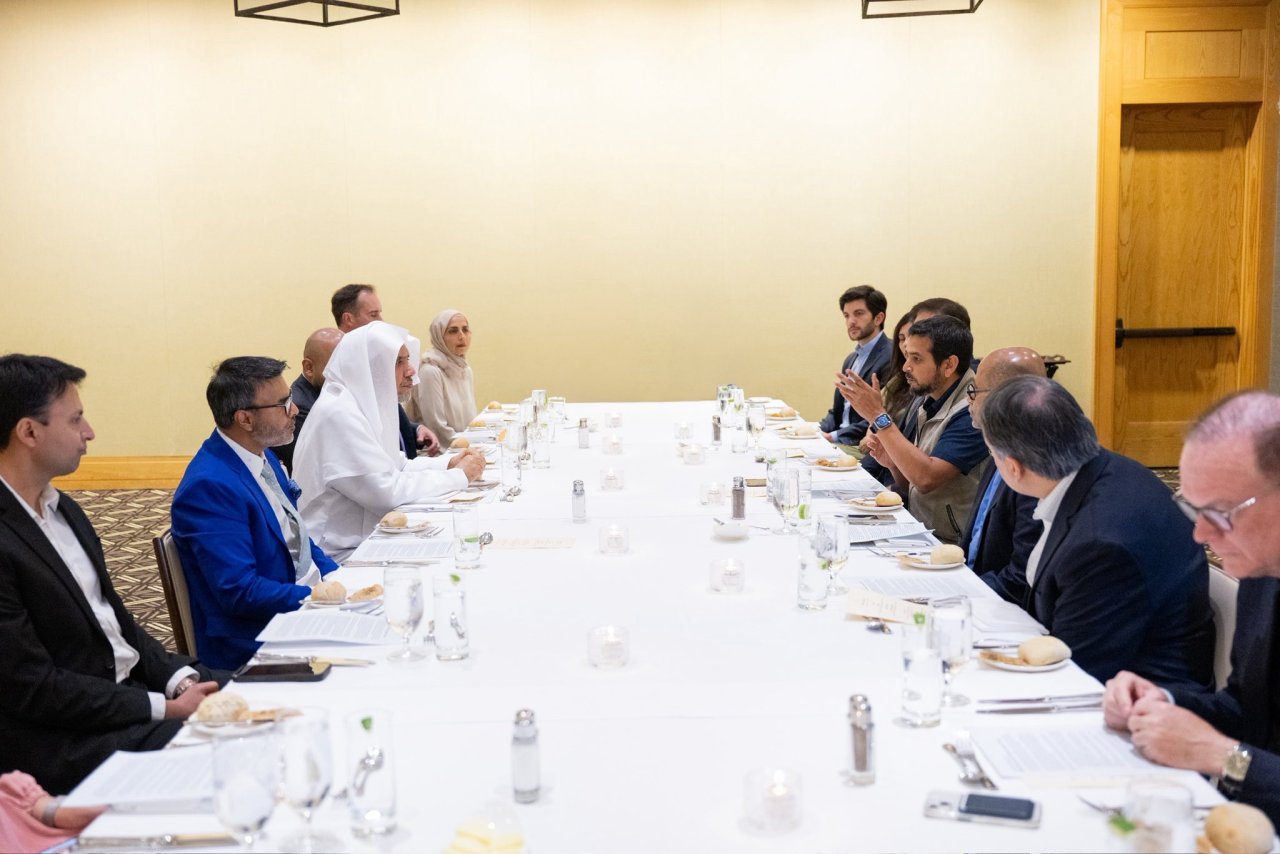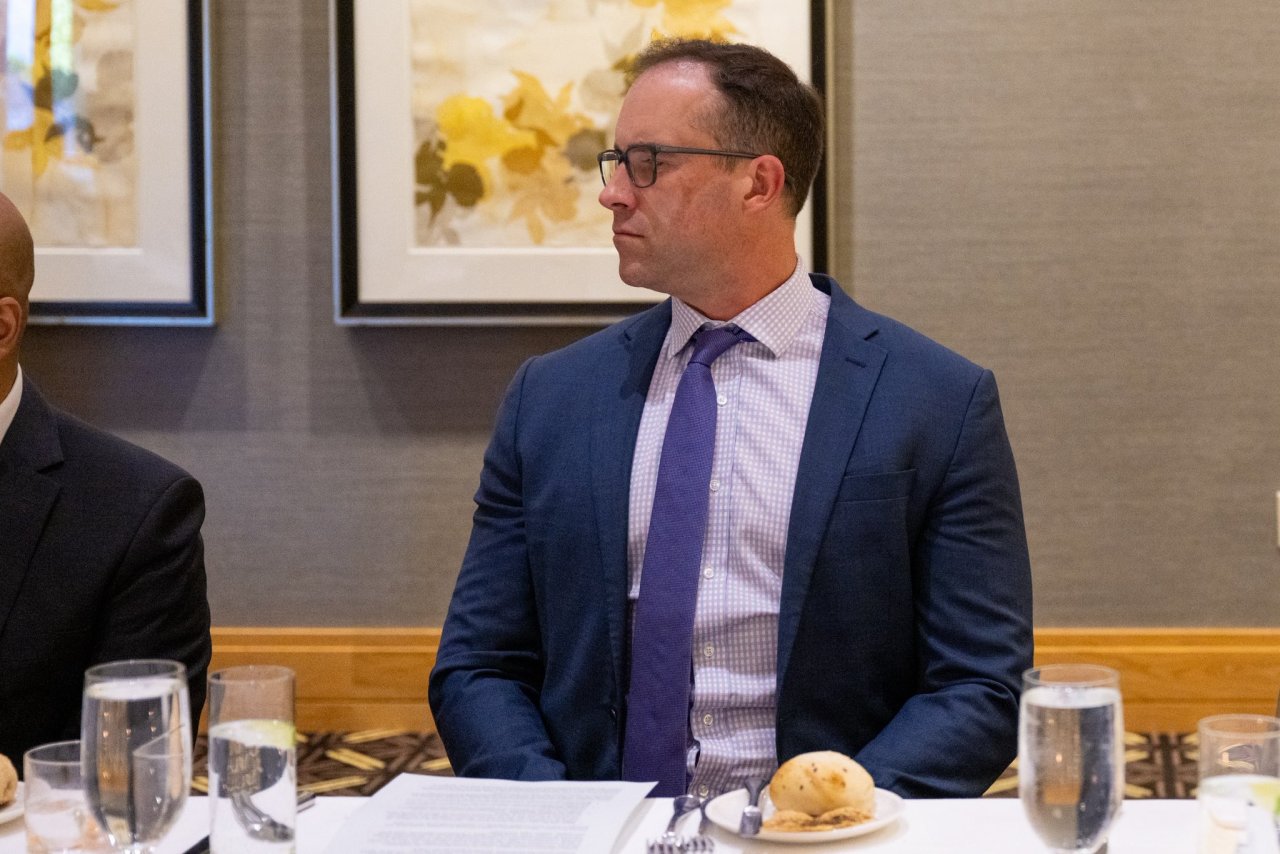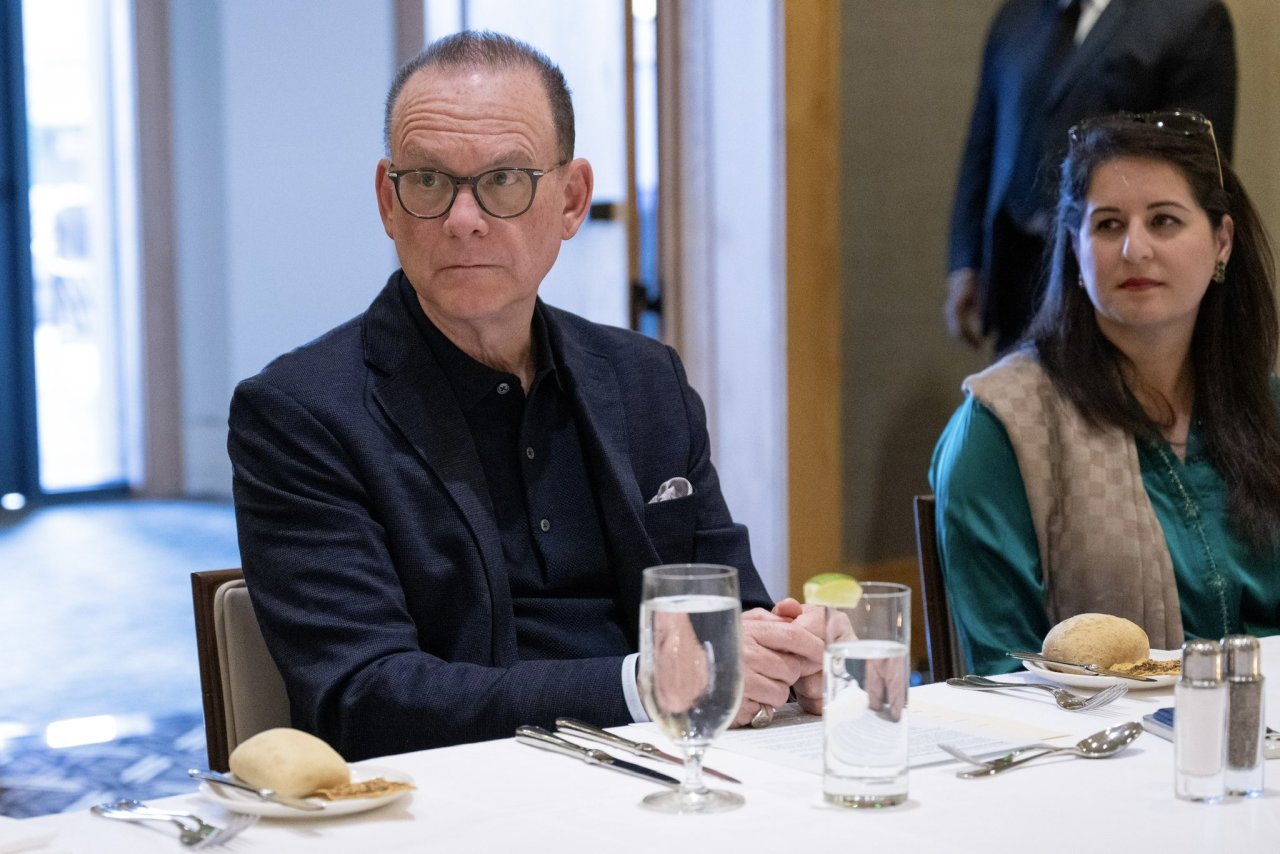fter delivering his lecture at Stanford University, a number of entrepreneurs and executives from Silicon Valley engaged in a wide-ranging dialogue with H.E. Sheikh Dr. Mohammed Alissa.
Latest NewsAfter delivering his lecture at Stanford University, a number of entrepreneurs and executives from Silicon Valley engaged in a wide-ranging dialogue with H.E. Sheikh Dr. Mohammed Alissa
, Secretary-General of the Muslim World League (MWL) and Chairman of the Organization of Muslim Scholars.
The meeting included an explanation of the Islamic economic system, highlighting its legislative objectives based on principles of justice and ethical values—particularly the well-known principle: "No harming and no reciprocating harm." H.E. emphasized that when Islam prohibits certain financial transactions due to ethical considerations, it provides alternative mechanisms that fulfill comparable financial objectives.
H.E. reviewed several examples to illustrate the breadth and flexibility of Islamic texts.
In response, attendees acknowledged that these alternatives helped them understand why Islamic financial transactions are not detached from the global financial system. On the contrary, they affirmed that such transactions can yield significant financial returns, even with their distinct legislative framework.
They also noted why some non-Muslims favor certain Islamic financial practices—for instance, commercial loans in which lending companies become business partners for predetermined or ongoing periods.
Several attendees requested that the Muslim World League produce a scholarly publication in English on this subject, based on H.E.'s insights, to broaden its reach and accessibility.
The meeting also touched briefly on Islamic culture, noting both its distinctive features and the values it shares with other cultures.
Furthermore, H.E. elaborated on the benefits of charitable endeavors, stressing how such efforts enhance the reputation of a business entity, its leadership, and its community—while also holding immense moral value. For believers, the ultimate aspiration remains the divine reward from God Almighty.
He further noted that real-world experience confirms the multiplied returns of charitable giving. While believers attribute these outcomes to the blessings of charity, others may regard them as the result of a strong humanitarian reputation, which in turn fosters trust, goodwill, and broader engagement.
H.E. also addressed Islam’s emphasis on innovation, citing historical examples from Islamic civilization. He stressed that investing in artificial intelligence is of paramount importance, warning that without sustained ethical oversight, such advancements may lead to serious consequences.





